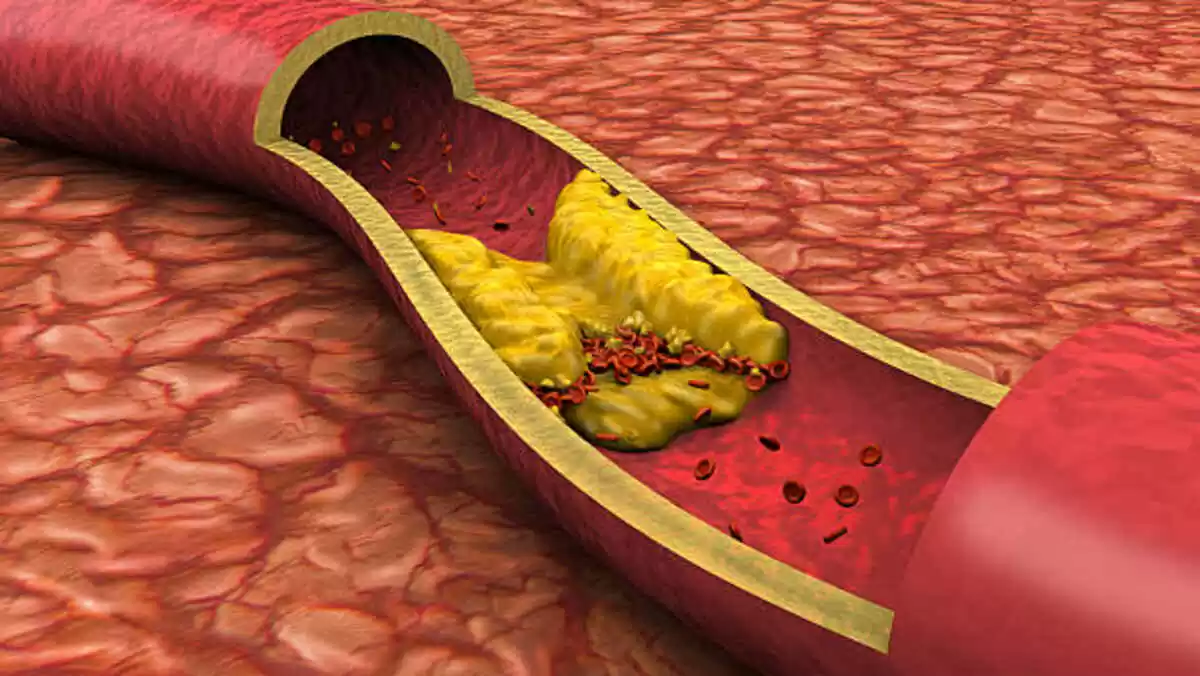

Arteriosclerosis is a condition that affects the blood vessels. It is a progressive disease that results in the hardening of the arteries. Arteriosclerosis can lead to several complications, including heart attacks and stroke. Fortunately, there are some treatments and lifestyle changes you can make to prevent or delay the progression of the disease.
Symptoms of arteriosclerosis can range from no symptoms in the early stages of the disease to heart attacks, strokes, and even sudden cardiac death. The symptoms also depend on the location of the affected arteries. However, it is essential to seek medical attention as soon as you suspect you might be suffering from the disease.
Arteriosclerosis can begin during childhood or in later life. As the disease progresses, the arteries become clogged and narrow, preventing blood from flowing freely. If untreated, blood clots may form, causing heart attacks and strokes. Your healthcare provider will evaluate your symptoms and conduct a physical exam to diagnose the condition. A blood test will also be done to check for the disease’s progression.
The good news is that treatment is available. While there is no cure for arteriosclerosis, medications and lifestyle changes can significantly slow its progression. Therefore, it is essential to take your medications as prescribed and don’t stop taking them if you feel better. However, it would help if you avoided specific lifestyle changes, as some of them can trigger flare-ups of symptoms.
Treatment options for arteriosclerosis include blood pressure medications, diuretics, and clot-busting drugs. Patients must follow treatment guidelines and monitor their blood pressure levels. Early treatment is key to a positive outcome. If caught early, arteriosclerosis can be managed successfully. Without proper treatment, patients may develop heart attacks and strokes.
Drugs are usually the first line of treatment for patients with arteriosclerosis. However, in some cases, surgery and aggressive procedures are necessary. Bypass surgery and stenting can help open up narrowed arteries. But these procedures are usually only used for emergencies. Therefore, patients should seek medical attention if they suspect they are experiencing symptoms of arteriosclerosis.
Arteriosclerosis is a disease in which the walls of arteries become thick and narrow, preventing proper blood flow to organs and tissues. It is caused by a buildup of plaque on the arteries walls, making them less elastic and weak. People with arteriosclerosis may develop plaque in their arteries and atherosclerosis, leading to heart disease and stroke. Other complications can include chronic kidney disease and internal bleeding.
By John Kaweske As global trade dynamics shift, Brazil emerges not just as a regional…
Welcome to the dazzling world of Amazon4D slots! If you're looking for a thrilling gaming…
Baccarat broadcasting and 카지노실시간 중계 have revolutionized the gambling world in a rather big way.…
Modular architecture is like building with building blocks. Imagine you have a set of LEGO…
Hey there, dab enthusiasts! If you're diving into the world of concentrates and dab rigs,…
Introduction: When you want medical care without the long wait, Midwest Express Clinic will be…